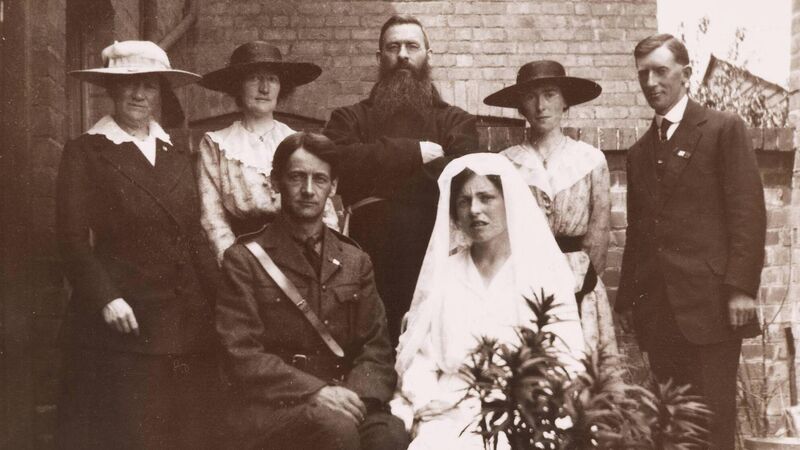Landscapes of chaos in Cork city in Terence MacSwiney's final days

On 30 March 1920 Cork’s Terence MacSwiney was unanimously elected at a special meeting of the Council of the Cork Corporation held in the old Cork City Hall. His elevation to Cork’s First Citizen came after the tragic death of Tomás MacCurtain.
Terence’s impressive and deep election speech is filled with various thoughts on sacrifice, endurance, martyrdom, and faith in religion. It was during this speech that he echoed his most famous lines – “This content of ours is not on our side a rivalry of vengeance, but one of endurance – it is not they who can inflict most but they who can suffer most – will conquer”.











